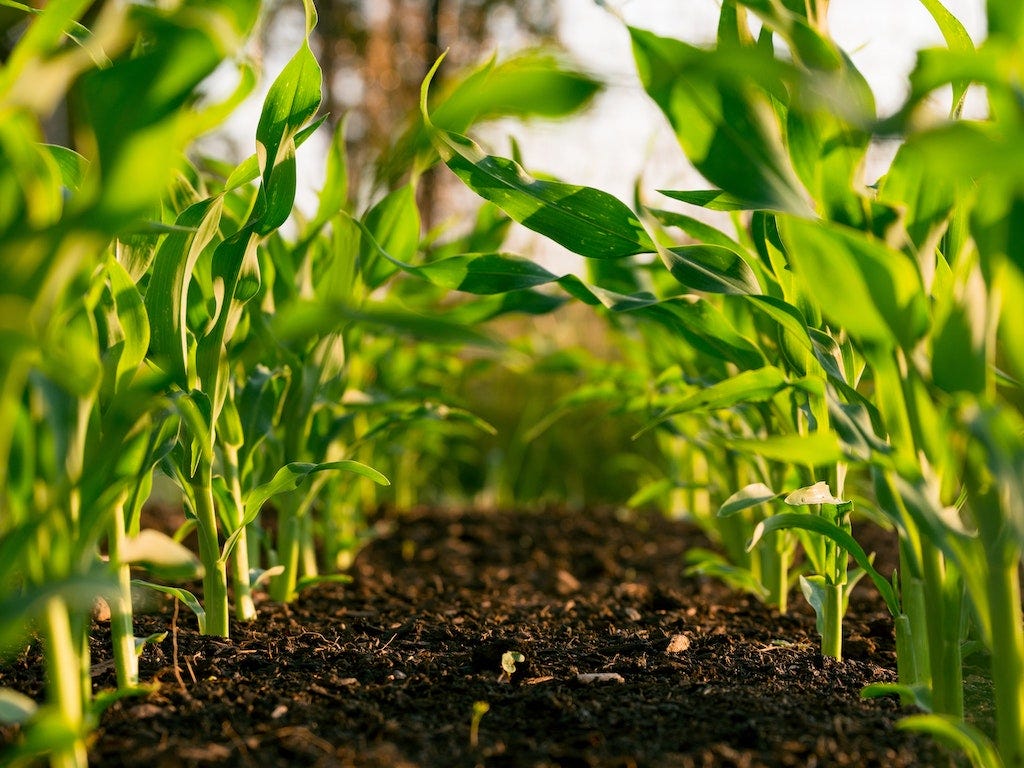
Sustainable Farming: The Future of Agriculture
As the global population continues to grow, the demand for food is increasing rapidly. However, conventional agricultural practices are often unsustainable, contributing to environmental degradation, resource depletion, and climate change. Sustainable farming offers a solution by focusing on practices that are environmentally sound, economically viable, and socially responsible.
Key Principles of Sustainable Farming:
- Environmental Stewardship: Protecting and enhancing natural resources like soil, water, and biodiversity.
- Economic viability: ensuring profitability for farmers and long-term sustainability of agricultural operations.
- Social Equity: Promoting fair labor practices, supporting rural communities, and ensuring access to healthy food for all.
Practices that Support Sustainable Farming:
- Crop Rotation: Planting different crops in a sequence to improve soil health, reduce pest and disease pressure, and enhance nutrient cycling.
- Cover Cropping: Planting crops to protect the soil, prevent erosion, and improve soil fertility.
- Conservation Tillage: Minimizing soil disturbance to reduce erosion, conserve water, and enhance soil organic matter.
- Integrated Pest Management (IPM): Using a combination of methods to control pests while minimizing the use of chemical pesticides.
- Water Management: Using water-efficient irrigation techniques and conserving water resources. Nutrient Management: Applying fertilizers efficiently to minimize nutrient runoff and pollution.
- Agroforestry: Integrating trees and shrubs into agricultural systems to provide shade, shelter, and other benefits.
- Organic farming: producing food without the use of synthetic pesticides, fertilizers, or genetically modified organisms.
Benefits of Sustainable Farming:
- Environmental Protection: Reduced pollution, soil erosion, and greenhouse gas emissions.
- Resource Conservation: Efficient use of water, energy, and other resources.
- Enhanced Biodiversity: supporting a variety of plant and animal life.
- Improved Soil Health: healthier soils that are more productive and resilient.
- Economic Benefits: Increased profitability for farmers and stronger rural communities.
- Social Benefits: Improved food security, access to healthy food, and fair labor practices.
Challenges and Opportunities:
Transitioning to sustainable farming practices can be challenging, requiring investments in new technologies, knowledge, and infrastructure. However, the opportunities are significant, including:
- Meeting the growing demand for food: Sustainable farming can increase productivity while protecting resources.
- Addressing climate change: Sustainable agriculture can reduce greenhouse gas emissions and enhance carbon sequestration.
- Improving food security: Sustainable farming can increase access to healthy and nutritious food.
- Supporting rural communities: Sustainable agriculture can create jobs and revitalize rural economies.
Conclusion:
Sustainable farming is not just a trend but a necessity for the future of agriculture.
By adopting sustainable practices, we can ensure food security, protect the environment, and build a more resilient and equitable food system for generations to come.
